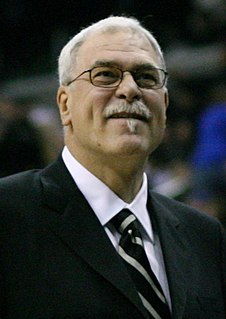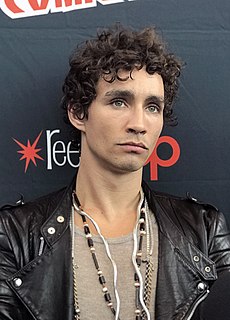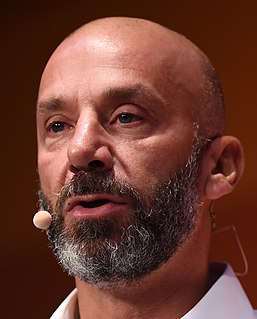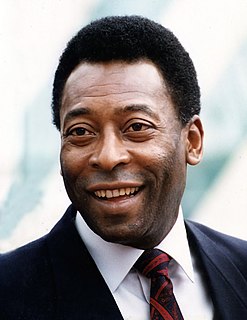A Quote by Rick Pitino
The more you lose, the more positive you have to become. When you're winning, you can ride players harder because their self-esteem is high. If you are losing and you try to be tough, you're asking for dissension.
Related Quotes
And yet as a coach, I know that being fixated on winning (or more likely, not losing) is counterproductive, especially when it causes you to lose control of your emotions. What’s more, obsessing about winning is a loser’s game: The most we can hope for is to create the best possible conditions for success, then let go of the outcome. The ride is a lot more fun that way.
There was a culture that came out of the self-esteem movement which was don't anybody keep track of the goals. The kids keep track, but nobody keep track of the goals because we don't want the kids to have the experience of losing. And in depriving them losing, thinking it scarred them to lose, we made losing so taboo, so unspeakable, that we instead made losing more scary to kids, not less scary.
Narcissism is actually a clever guise adopted to mask its exact opposite, which is a deep well of self-loathing, a well of low self-esteem, rather than high self-esteem. This helps explain why narcissists are so sensitive to criticism, why narcissists tend to break into outrage if they're criticized, because their self-esteem is actually much more brittle than it seems, and once they're challenged, that mask falls apart.
Positive self-esteem operates as, in effect, the immune system of the consciousness, providing resistance, strength, and a capacity for regeneration. When self-esteem is low, our resilience in the face of life's adversities is diminished. We crumble before vicissitudes that a healthier sense of self could vanquish. We tend to be more influenced by the desire to avoid pain than to experience joy. Negatives have more power over us than positives.
When you work towards your goals, you become healthier and healthier, mentally. It is very hard to do with a negative attitude. You just need to become more and more positive. And then you start to succeed. And starting to succeed is like winning a race and having the audience cheer. That makes you feel happy and motivates you to work even harder and achieve even more.
You realise fame is something that if you court it too much or if you indulge in it too much, it will have a negative effect ultimately on your mental health and self esteem, because fame is ultimately about achieving positive self esteem through external factors, and that's a losing game, I would say.
Your mental diet largely determines your character and your personality and almost everything that happens to you in life. When you feed your mind with positive affirmations, information, books, conversations, audio programs, and thoughts, you develop a more positive attitude and personality. You become more influential and persuasive. You enjoy greater confidence and self-esteem.
It is a mistake to look at someone who is self assertive and say, "It's easy for her, she has good self-esteem." One of the ways you build self-esteem is by being self-assertive when it is not easy to do so. There are always times when self-assertiven ess requires courage, no matter how high your self-esteem.
In our own lives, having a mind-set of expecting to win increases our odds of winning. It helps us get better results. And better results help us increase our credibility and self-confidence, which leads to more positive self-expectancy, and more winning - and the upward cycle continues. It becomes a self-fulfilling prophecy.
I approach the film business the way I feel about self-esteem. It's something that has to be maintained. That's kind of how I feel about positive roles in Hollywood. They have to be maintained. You have to purposefully, intentionally try to make the right type of films. And the more people that do that, the more things will continue to improve.




































